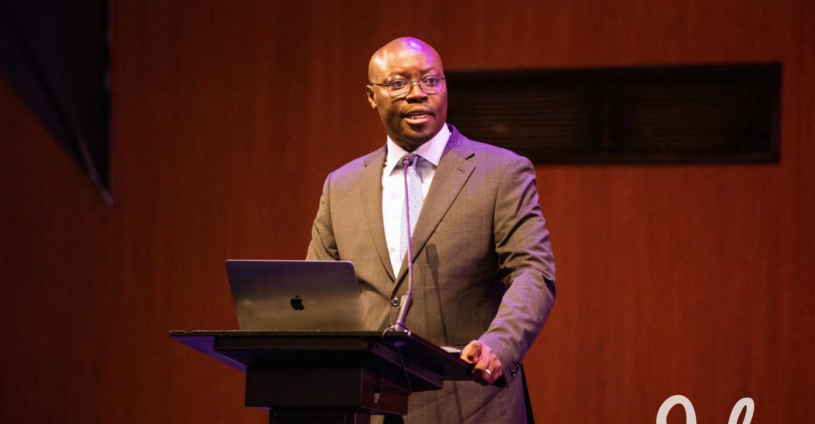The African Transformation Index (ATI) ranks Ghana as a low economic transformer, with an overall score of just 19.1 out of 100.
According to the Africa Center for Economic Transformation (ACET), Ghana’s progress on economic transformation has been weak and unstable for the last two decades.
Since 2000, it said the country's overall score has consistently hovered far below the African average of 30.3, only reaching a high of 20.6 in 2014.
It therefore wants the diversification of production and exports, which it describes as a crucial catalyst for economic transformation.
“Over the last two decades, the Ghanaian economy has become less diversified, despite a shift from subsistence agriculture to services, the banking sector restructuring and advancements in ICT and financial technology. While there have been some developments in economic activities and export markets, the country has largely failed to diversify or attract sophisticated production and value-chain linkages”.
“Since independence, Ghana’s economy was classified as an agrarian economy with the agricultural sector being the highest contributor. The services sector became the largest contributor to GDP [Gross Domestic Product] in 2006, accounting for about 45.5% of total GDP. This sector has been driven by the growth of the financial sector, telecommunications, and other service-oriented subsectors”, it added.
Nevertheless, ACET said agriculture has remained a significant sector, contributing almost one-fifth of the GDP and substantial employment. The sector has been driven by the production of cocoa, which is one of Ghana's main exports.
It also said the industrial sector has been the second largest contributor since 2011, accounting for about 29% of total GDP. This is despite Ghana being rich in natural resources, including hydrocarbons, industrial minerals, and gold.
Exports Diversity
Since 2000, Ghana’s exports have risen steadily until they dropped in 2020. After some recovery in 2021, exports marginally declined again in 2022. The country’s exports were valued at approximately $20 billion in 2022 from $2.37 billion in 2000. The bulk of exports consists of gold, crude petroleum, and cocoa beans and related products.
ACET said the country has become ever more reliant on these exports, with the share of the top five products rising from 70% in 2000 to 89% in 2020.
However, it pointed out that Ghana’s poor progress in export competitiveness reflects the country's limited integration into global and regional value chains, highlighting, a lack of product diversification and export sophistication constraining Ghana’s competitiveness.
It added that the decline in exports in 2020 may have been influenced by the COVID-19 pandemic.
Latest Stories
-
Lands Commission to decentralise services nationwide by year-end, says Minister
1 minute -
Minerals Commission Act 85% complete in sweeping reform for equity and sustainability
11 minutes -
ICU-Ghana women’s wing holds 6th National Delegates’ Conference
12 minutes -
907 of 1,278 small-scale mining licences under review for revocation – Lands Minister
16 minutes -
Newly sworn-in MP for Ablekuma North, Ewurabena Aubynn appointed to serve on GSA Board
17 minutes -
55 small-scale mining licences revoked, 907 under review – Lands Minister
23 minutes -
John Dumelo donates 500 bags of rice to UG
23 minutes -
Forestry Commission reclaims all nine red-zoned forest reserves – Lands Minister
27 minutes -
Sarkodie hails ‘The Volta Regime’ by Edem as one of Ghana’s greatest albums
34 minutes -
1,200 excavators impounded at Tema port pending validation – Lands Minister
35 minutes -
Four Africans take part in FIFA Elite Performance Coach Mentorship Programme
39 minutes -
New $250 US Visa Integrity Fee undermines diplomatic fairness for Ghanaians
40 minutes -
US Olympic & Paralympic Committee bars transgender women from competing in women’s sports
45 minutes -
Demolition of Buildings in Waterways: Who is to blame?
50 minutes -
Interior Minister condemns killing of Kusasi chief, assures swift justice
50 minutes

